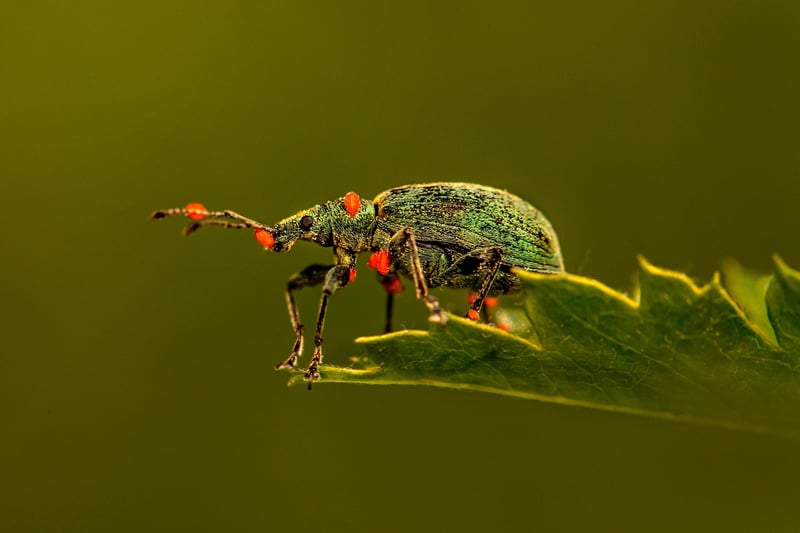Common Houseplant Pests
Nurture Your Indoor Jungle
Welcome to the wonderful world of indoor plants! Whether you're a seasoned plant parent or just starting your green journey, caring for indoor plants can be a rewarding and fulfilling experience. To help you nurture your indoor jungle and keep your leafy friends happy and healthy, here are some essential tips:
1. Light
Find the right spot for your plants based on their light requirements. Some plants thrive in bright, indirect light, while others prefer low light conditions. Observe your plants to see how they respond to their location and adjust as needed.
2. Watering
Water your plants according to their specific needs. Overwatering can lead to root rot, while underwatering can cause wilting. Check the soil moisture before watering and ensure proper drainage to prevent waterlogged roots.
3. Humidity
Indoor plants, especially tropical varieties, thrive in humid environments. Increase humidity levels by misting your plants, placing them on a pebble tray filled with water, or using a humidifier.
4. Fertilizing
Feed your plants with a balanced fertilizer during the growing season to promote healthy growth. Be mindful of the specific fertilizer requirements of each plant type and avoid over-fertilizing, which can harm your plants.
5. Repotting
Monitor your plants for signs of being root-bound, such as roots emerging from the drainage holes. When repotting, choose a slightly larger pot with good drainage to provide room for growth.
Common Houseplant Pests
Despite your best efforts, houseplants can sometimes fall victim to pests. Here are some common indoor plant pests to watch out for:
1. Aphids
These small, soft-bodied insects feed on plant sap and can cause wilting and yellowing of leaves. Use insecticidal soap or neem oil to control aphid infestations.
2. Spider Mites
Spider mites are tiny pests that suck sap from plant leaves, causing stippling and webbing. Increase humidity and use insecticidal soap to manage spider mite populations.
3. Mealybugs
Mealybugs are white, cottony pests that feed on plant juices and leave a sticky residue on leaves. Remove them manually and apply rubbing alcohol to control mealybug infestations.
4. Fungus Gnats
These small, flying insects lay their eggs in moist soil, leading to larvae that feed on plant roots. Allow the soil to dry between waterings and use sticky traps to catch adult fungus gnats.
5. Scale Insects
Scale insects appear as small, waxy bumps on plant stems and leaves. Use a cotton swab dipped in alcohol to remove scales or apply horticultural oil to suffocate them.
By following these tips for nurturing your indoor jungle and being vigilant against common houseplant pests, you can create a thriving indoor garden that brings beauty and greenery into your home.


